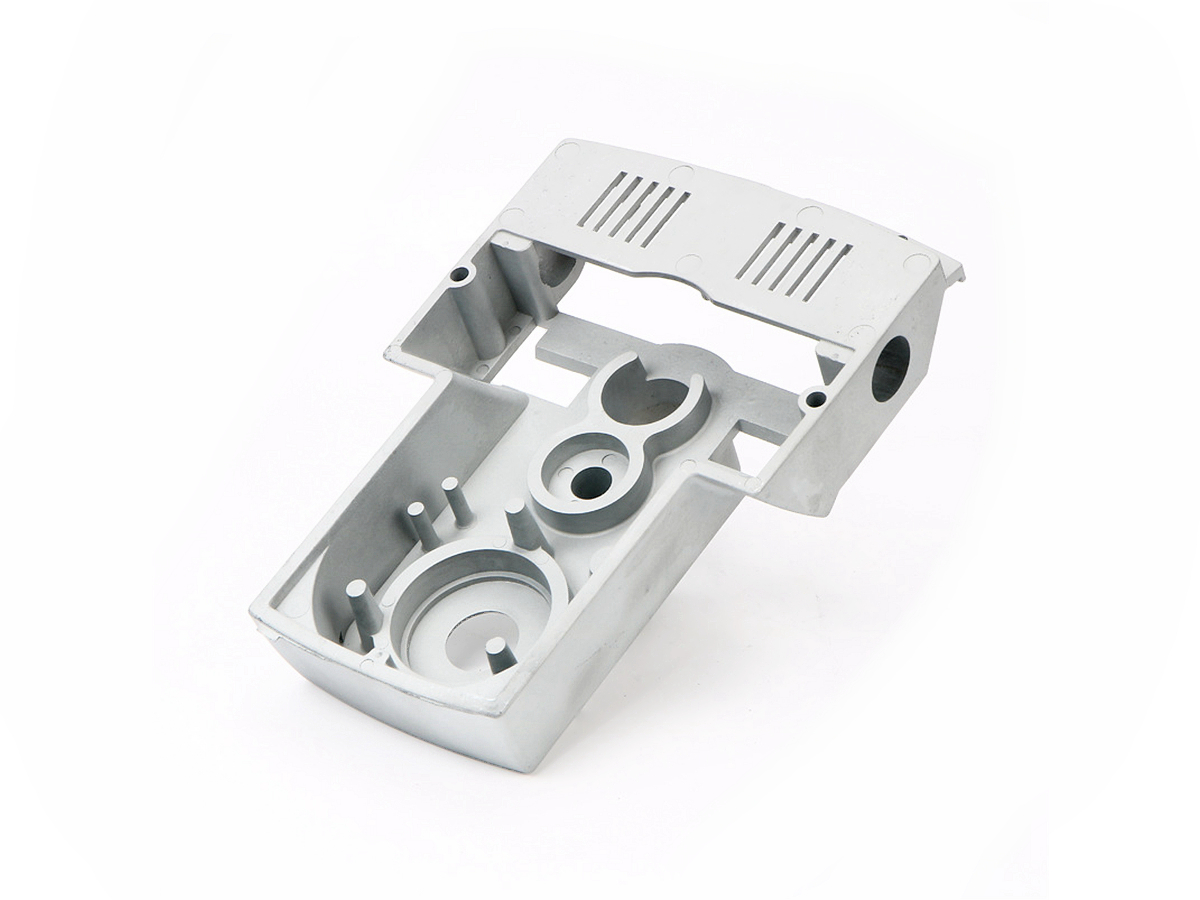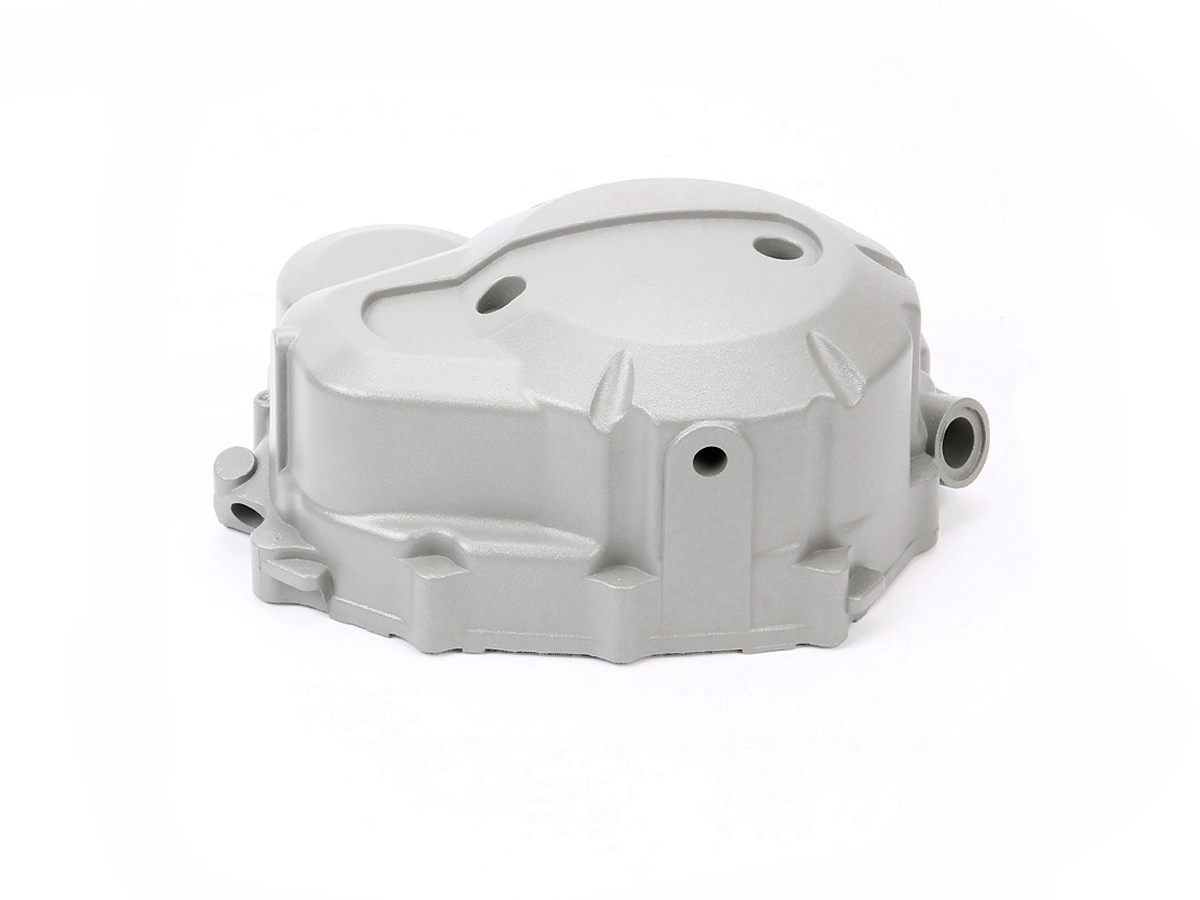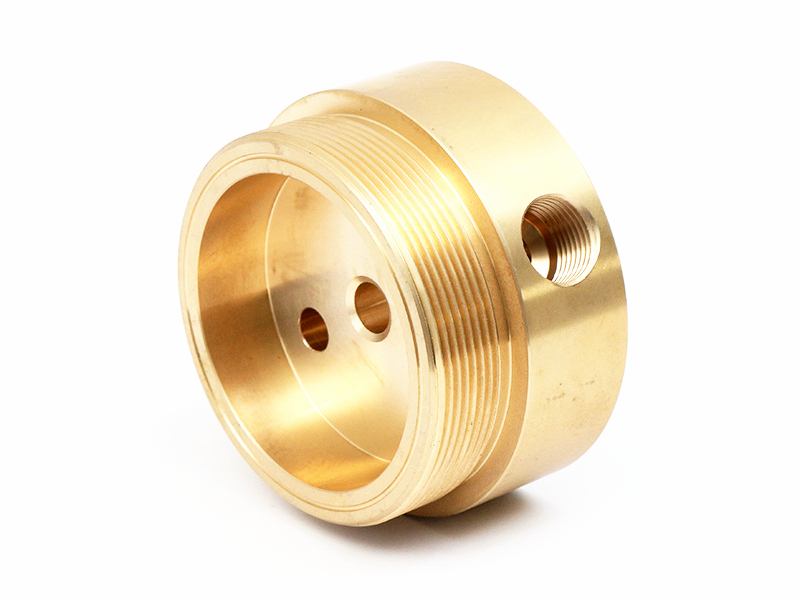Volkswagen Supplier: Aluminum ADC12 High Pressure Precision Die Casting Projects Study
Aluminum ADC12 is a go-to material in automotive die casting for its excellent castability, thermal properties, and dimensional accuracy. As vehicle lightweighting and electrification expand, precision aluminum casting is critical in structural and electronic component production.
This project highlights how high-pressure die casting with ADC12 supports Volkswagen’s component needs through data-driven tooling, controlled shot parameters, and post-machining accuracy. It demonstrates how industry standards and quality systems ensure reliability across high-volume automotive manufacturing.
ADC12 Alloy: Strength, Flow, and Dimensional Stability
ADC12, equivalent to SAE A383, is a pressure-die-cast aluminum-silicon-copper alloy specifically designed for intricate geometries and high production efficiency. It offers a combination of good fluidity, corrosion resistance, and mechanical strength—ideal for automotive housings and brackets exposed to thermal and mechanical cycling.
Material properties (as-cast, per JIS H5302 standard):
Ultimate tensile strength: 310 MPa
Yield strength: 130 MPa
Elongation: 1.5–2.5%
Brinell hardness: 80–90 HB
Thermal conductivity: 96–104 W/m·K
Coefficient of thermal expansion: 21.0 µm/m·K (20–300°C)
Due to its high silicon content (~10.5%), ADC12 demonstrates superior mold fill behavior, supporting wall thicknesses down to 1.5 mm without compromising casting integrity. Learn more about aluminum die casting applications in high-precision sectors.
Design and Tooling for Automotive Functionality
This project's casting design targeted Volkswagen-grade transmission housings, electronic control brackets, and engine mount supports. Each part underwent digital mold flow analysis (MAGMASOFT®) to optimize gate positioning, thermal balance, and defect risk areas.
Tooling specifications:
Die steel: H13 with vacuum hardening + nitriding (HRc 46–50)
Mold life: 100,000–150,000 shots
Tolerance class: ISO 8062 CT6
Typical wall thickness range: 2.0–3.5 mm
Projected area: 40–220 cm²
Cast weight: 300 g to 1.8 kg
Tooling featured integrated cooling channels and real-time temperature monitoring to maintain die surface temperature within ±5°C of target, improving dimensional repeatability and reducing scrap rate by 20%.
Explore our tool and die services engineered for long-life automotive production.
High-Pressure Die Casting Parameters
Components were cast using 450–800 ton cold-chamber die casting machines with digitally controlled shot monitoring systems. Each machine incorporated servo-driven plunger systems and vacuum-assist evacuation to minimize turbulence and trapped gases.
Key HPDC parameters:
Injection speed: 1.2–3.0 m/s
Fill time: ≤0.15 seconds
Intensification pressure: 90–130 MPa
Die temperature: maintained at 230–260°C
Shot-to-shot weight variation: ≤3%
Internal quality was validated through X-ray radiography (ASTM E505), targeting <0.5% Class 1 porosity for sealing surfaces. Vacuum die casting reduced the need for post-process impregnation by 95%.
Precision Post-Machining and Feature Control
Post-processing was performed in a closed-loop CNC environment with in-process probing to ensure tight feature control. Functional surfaces were machined to fit ISO H7 tolerances, and sealing interfaces were milled to flatness ≤0.05 mm.
Machining operations and standards:
Reaming (DIN ISO 286-2): Ø12–Ø30 mm, IT7 class
Thread cutting (M6–M12): ISO metric standard
Profile tolerance: ≤0.1 mm
Surface finish: Ra 1.6 µm on sealing faces
Leak testing: 100% functional testing with 2.5 bar air pressure, 10 s hold (≤0.5 cc/min decay)
Multi-axis machining was programmed using CAM software with part-specific jigs for complex datum alignment. Discover our post-machining services tailored for automotive-grade performance.
Quality Assurance and OEM Compliance
Compliance with Volkswagen’s Formel-Q standard required rigorous validation procedures and detailed documentation. Advanced Product Quality Planning (APQP) and IATF 16949 protocols were fully integrated from prototype to mass production.
Validation and inspection metrics:
PPAP level: Level 3 with dimensional, material, and capability data
Cpk > 1.67 on all critical-to-function (CTF) features
Metallographic analysis: per ASTM E3 with inclusion count and porosity evaluation
CT scanning of complex parts (spot-check batch every 10,000 pcs)
Surface coatings validated for e-coat, chromate, and powder compatibility
Our mass production workflows include barcode traceability from melt batch to shipment, ensuring full transparency across the supply chain.
FAQs
What mechanical and thermal properties make ADC12 suitable for automotive casting?
What dimensional tolerances are achievable with ADC12 under high-pressure casting?
How is porosity controlled and verified in ADC12 cast components?
What surface treatments are compatible with ADC12 automotive housings?
How are production castings qualified to meet automotive OEM standards?



